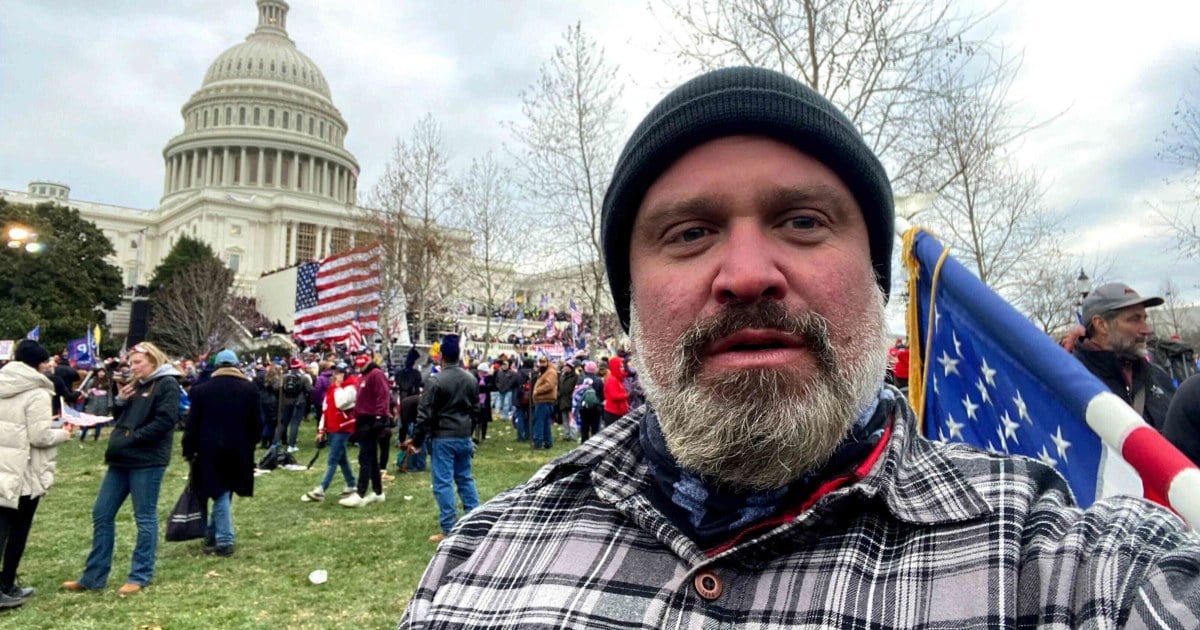- cross-posted to:
- news@lemmy.world
- cross-posted to:
- news@lemmy.world
Joe Biggs, a Proud Boys leader convicted of seditious conspiracy who the government says “served as an instigator and leader” during the Jan. 6 attack on the U.S. Capitol, was sentenced to 17 years in federal prison on Thursday.
It is among the longest sentences in Capitol riot cases. The record is the 18-year sentence given to Oath Keepers founder Stewart Rhodes, also convicted of seditious conspiracy, after prosecutors sought 25 years in federal prison in his case.



It actually isn’t.
It’s not as cut and dry as that-
“The falsely shouted warning, while technically speech, could potentially violate a state’s criminal laws against disturbing the peace or disorderly conduct, whether or not it provokes a stampede, for instance."
-Nashwa Gewaily, a media and First Amendment lawyer
deleted by creator
Speech alone isn’t, this guy did more than speak.
deleted by creator